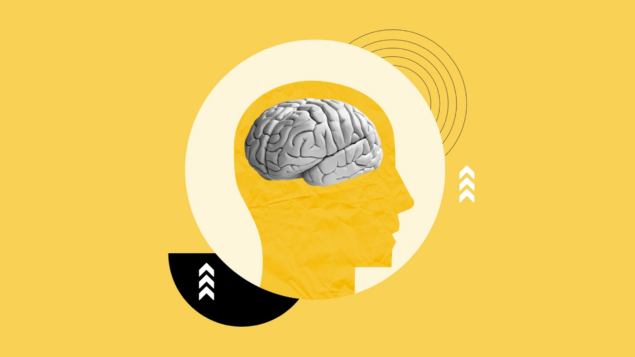Brazil is one of the places with the worst mental health in the world.
Out of a list of 71 countries, we are only no worse off than Uzbekistan, the United Kingdom and South Africa. Among the healthiest are the Dominican Republic, Sri Lanka, Tanzania and Panama – and even Venezuela is in the top 10.
It may seem like a joke to an unsuspecting reader who sees Venezuela so well placed, but the ranking is made by a renowned NGO called Sapien Labs, which organizes and leads the Global Mind Project.
The project that carries out research in all countries in the ranking is not only respected, but also has a lot of repercussions.
Vivek H. Murthy, the Surgeon General of the United States – a kind of chief medical officer of the American government – recently said that one of the main lessons of the ranking is that “economic prosperity is not the key to happiness. In fact, what we are seeing is that in many countries that are increasingly modernizing their economies, we are seeing unhappiness grow.”
For Gabriela Baumgart, president of the board of IBGC and Track & Field, “mental health should be on the board’s agenda.”
In addition to ranking the countries, the study also shows that younger people have worse mental health than older people. Until 2010, younger people showed higher scores in terms of happiness and mood, a trend that has since been reversed, according to Gabriela.
“We have to ask ourselves: does the new way of working, does the issue of social isolation, does the issue of us being on screen much more than in face-to-face meetings also worsen this situation?” Gabriela told Brazil Journal.
“These are modern work issues, and our role on the council is to talk about the topic – even as a backdrop to see the impact of the decisions we are taking.”
Vivek, the surgeon general of the United States, remembers that when he was in college, the university cafeterias were noisy places – where students gathered to chat, nonstop.
But today the cafeterias are silent, with students immersed in their cell phones, on social media, and with headphones in their ears.
“Our social muscle has to be built over time. If we don’t exercise it, that is, if we don’t interact with other people, the muscle becomes weaker and interaction becomes increasingly difficult,” Vivek said. “That’s what we’re seeing in our kids.”
And it is – also – what companies are experiencing with Generation Z, and which many confuse with a supposed lack of desire to work.
But that’s not the case, said Renata Rivetti, from Reconnect Happiness at Work, who is leading the project to implement the 4-day week for 20 Brazilian companies.
“Generation Z entered the job market during the pandemic and, therefore, they already see work differently,” said Renata.
“They want to grow, they want to develop. But they also want flexibility. For them, it is somewhat unacceptable to finish a job and stay in front of the boss until six in the afternoon just to keep time.”
It should be unacceptable for anyone, so much so that the project to reduce working days aims to increase productivity (even giving people an extra day to take care of their lives).
“Instead of thinking that this is a generation that doesn’t want to work, how can we help and learn from them?” said Renata.
As defined by Sapien Labs research, mental health is the way in which a person’s inner state impacts their ability to function in the context of life. Data is collected using an online assessment tool called the Mental Health Quotient (MHQ).
The theme is divided into six dimensions: ability to regulate emotions and optimism in the future; how the person sees themselves in the eyes of others; motivation; connection between mind and body health; capacity of cognitive functions; and resourcefulness to adapt and be resilient.
In addition to the ranking based on the MHQ, the research also lists the countries with the most and least stressed citizens or those facing mental illnesses. In this ranking, the worst are the United Kingdom, South Africa, Brazil and Australia. Brazilians got good grades in the dimensions relating to adaptability, resilience and motivation, but reported difficulties in the dimensions of humor and how the person sees themselves in the eyes of others.
The surgeon general of the United States is the one who places happiness in the general calculation of mental health: “people’s happiness is intrinsically related to health. When we are not happy, when we do not feel fulfilled in our lives, it affects how we show up at work, at school and in our communities – but it also impacts our physical health.”
Given this data and analysis, it is clear why mental health and happiness should be priority topics on boards of directors.
Josette Goulart
